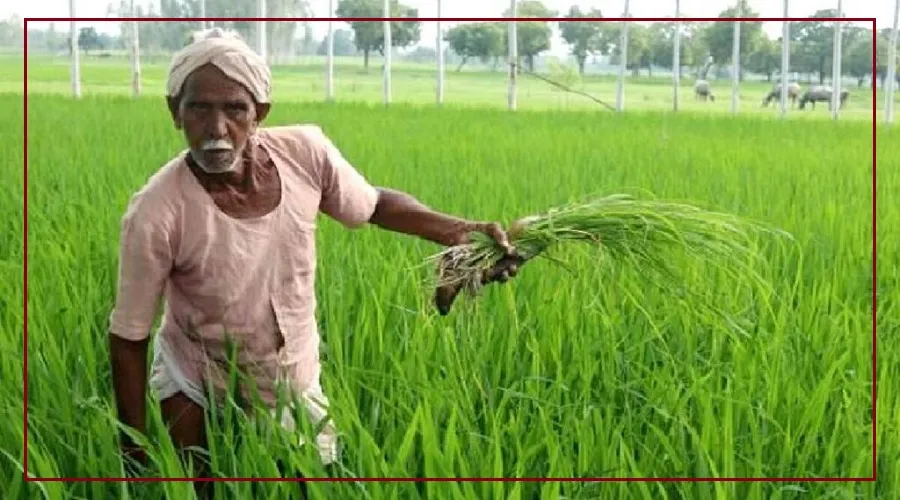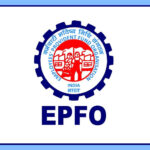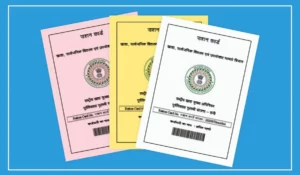The Madhya Pradesh government has launched a new scheme for farmers. This initiative aims to increase farmers’ income and make agriculture more profitable.
The scheme, called Mukhyamantri Krishak Protsahan Yojana, has been specially started for paddy farmers. Under this scheme, the government will provide financial aid of ₹4,000 per hectare to farmers who grow paddy.
Every year, lakhs of paddy farmers face losses due to high costs and low market prices. This scheme has been introduced to reduce those losses and encourage farmers to continue growing paddy.
Who Will Benefit From the Scheme?
Only farmers cultivating paddy will get direct benefits from the scheme. The assistance amount depends on the area under cultivation.
For example, a farmer growing paddy on 2 hectares of land will receive ₹8,000. This amount will be directly deposited in the farmers’ bank accounts in March, when they need funds the most.
What Is the Aim of the Scheme?
The main goal is to motivate farmers to continue farming and help improve their earnings. Natural challenges like irregular rainfall, drought, and price drops often make farming risky.
This ₹4,000 per hectare support is especially helpful for small and medium farmers who have fewer resources.
Last Season’s Numbers
In 2024, around 6.69 lakh farmers sold their paddy grown on about 12.2 lakh hectares.
Now, the government will give them extra support worth ₹488 crore to strengthen their financial position.
Support for Wheat Farmers Too
Although the scheme is mainly for paddy, wheat farmers will also benefit. They will receive a bonus of ₹175 per quintal along with the Minimum Support Price (MSP). This will increase the total price of wheat to ₹2,600 per quintal.
Eligibility and Required Process
To receive the benefits, farmers must complete their KYC process on time.
In addition, they will need to submit a resolution letter with details about their farm and crops. This will help ensure the support goes to the right farmers.
The Mukhyamantri Krishak Protsahan Yojana is designed not just for short-term support but also to help farmers become more self-reliant in the future.
























